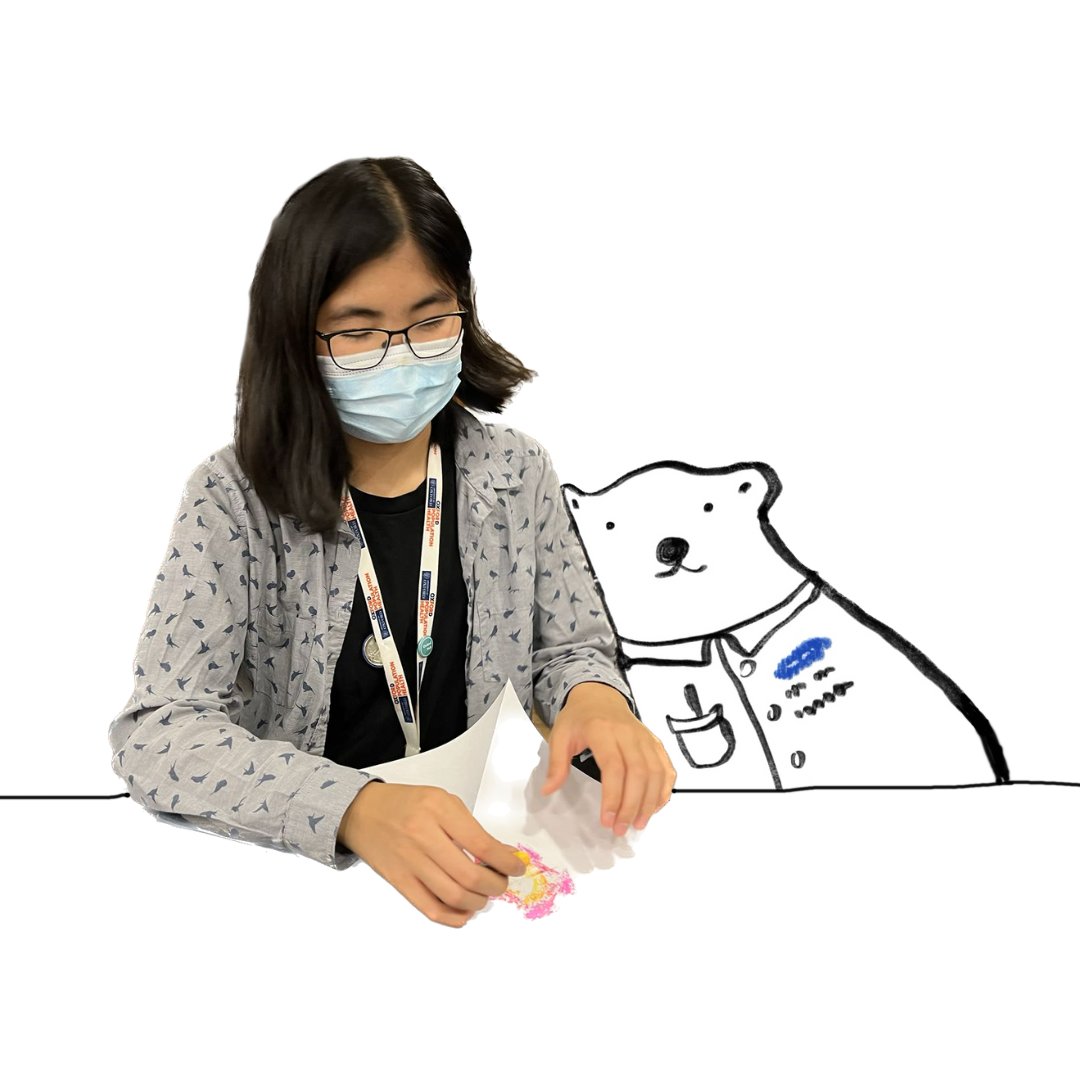When the sun started waiting for me: one-sixth through a PhD
Published:
Our Biomedical Campus
By the time the sun started waiting for me to go home, I was six months into my PhD. I usually reflect on six-month anniversaries, because even though I know that all this is arbitrary, it’s useful to park somewhere and check where I’m going. And no, I’m still eons away from getting a license …
First, what is a PhD? I learned last autumn that a successful one produces a “significant original contribution to knowledge”: a sock (thank goodness, because I don’t have many matching pairs left). That sounds scary, doesn’t it - like a humongous thing that’s hard to even quantify. Luckily, though, that sock doesn’t have to shatter the earth. I realised that it could be a new take on existing data, an answer to an old question using new data, or a new way to answer a question that people have asked again and again. It could be many other things too, especially for researchers in the humanities and social sciences.
What, then, will be my sock? In the beginning, I thought I would answer old questions using new data. But as I evolved in my understanding of the literature, I decided that I wanted to answer new questions too: unsteady questions that demand a solid scientific footing. And as I learn about ways to build that footing (which involves both squinting at maths and talking to people), I’ve realised that I want to develop new ways to answer questions too. This seems to be a common quandary of new PhD students, who believe simultaneously that they can do nothing and everything …
In this first sixth of my PhD, I have already been on multiple rollercoasters. I get dizzy on treadmills sometimes, so I wasn’t sure how that would work out. But I had bought my tickets, expecting the shifting around of organs and the screaming and the flailing of arms. I had read some horror stories online, and I felt prepared when I started. Prepared not for groundbreaking ideas or insightful conversations, but to fail, stumble, and hate the whole thing on a regular basis. Anything better, I thought, would be a dream. Mind you, I had heard nothing about my current program that made me anticipate any horrors. In fact, alumni had praised my current colleagues, our research culture, and the diversity of work we produced. All this was only a product of my chronic pessimism.
And guess what? I have constantly failed and stumbled. In those times, I have been frustrated, angry, and a little hard to be around. But even then, I have never used the word “hate”. I am so grateful to write this today without a doubt that I can continue.
Verdant company on a neighbourhood walk
This degree marks a drastic change from anything I’ve ever known. I am forced to find enough meaning every day (or at least, every working day) to make it to the office. My supervisor and fellow one-sixth PhDers, who would not be surprised that I am losing socks, help with the finding. Learning about the people affected by our research does too. So does looking outward: to colleagues in other disciplines and institutions and to communities outside of my comfortable usual. My extracurricular commitments mean that I sometimes engage in non-PhD-related business during the working day; last Friday, for example, I spent an hour talking about afternoon tea with a stranger via Macmillan Cancer Support’s “telephone buddying” programme. In this way, I have found it helpful to remind myself of the world outside research, which, in the grand scheme of things, is much more important.
In this search for meaning, little has been more vital than the revolutionary kindness, and sometimes, forgiveness, of family and friends. If I had taken a different route after my masters, I might have had more time to care for those I care for, but they have continued to care for me regardless.
Thank you for these six months, and see you in another.
